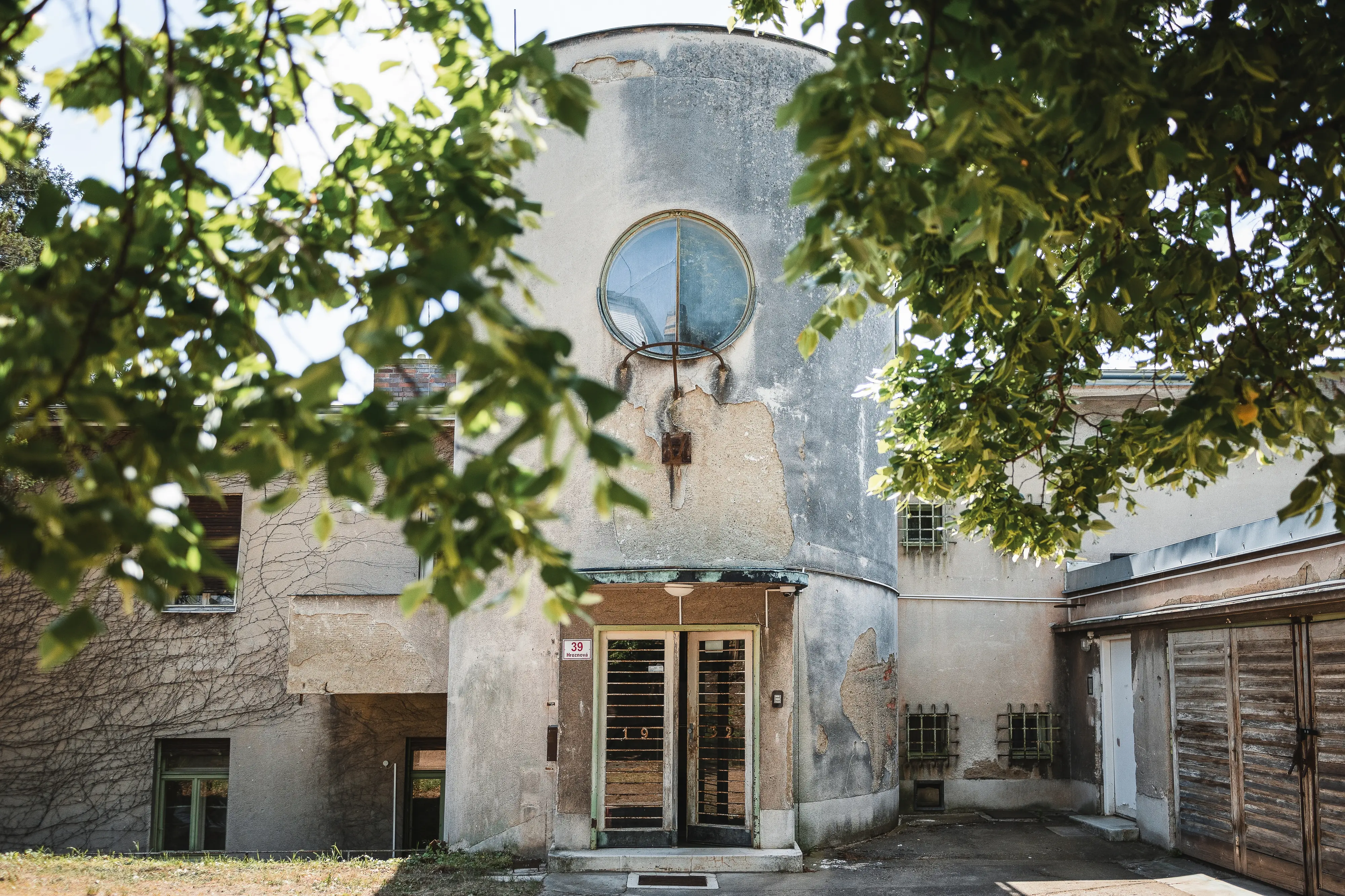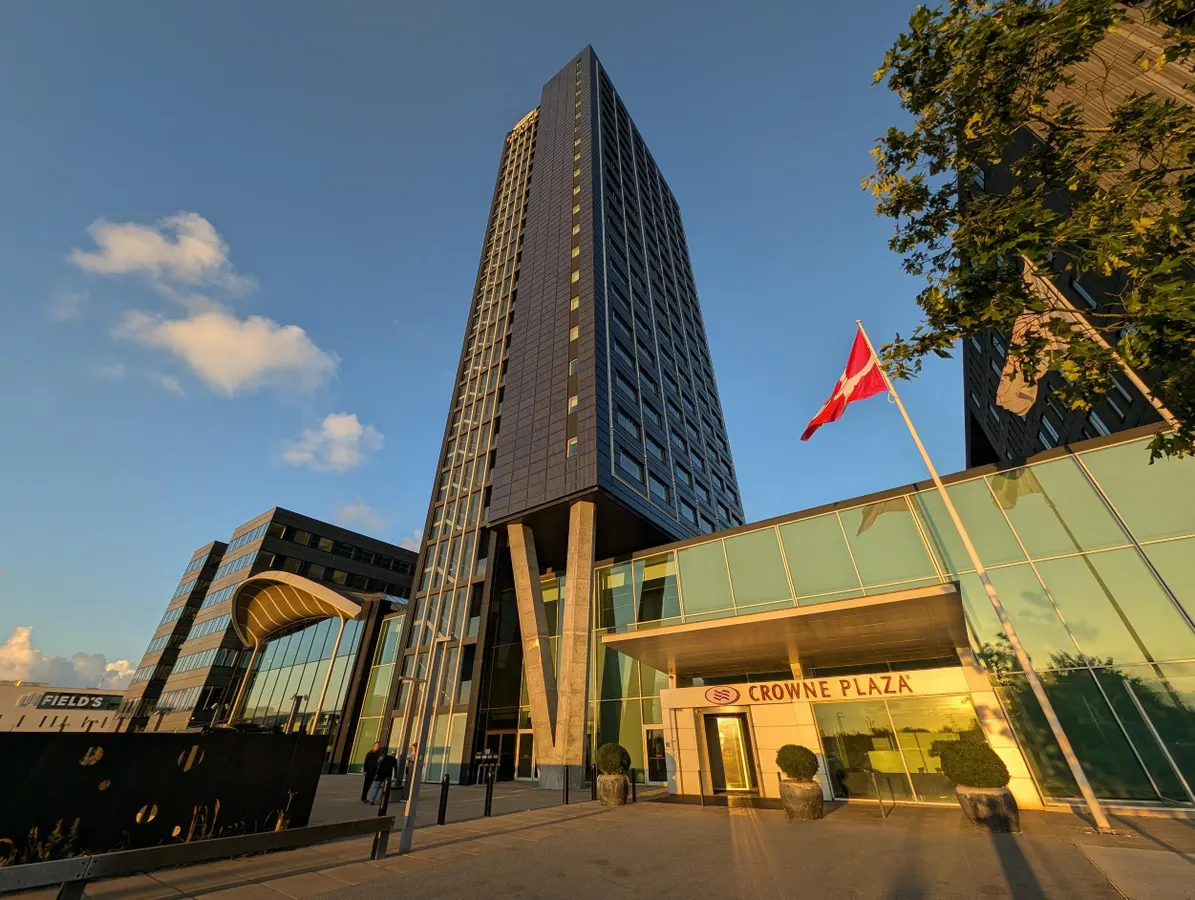By Anthea Gerrie
Copyright thejc

One of the many magnificent Czech villas commissioned by Jewish families and lost forever following Nazi occupation is to once again become a dedicated space for Jewish people. Villa Wittal, a Modernist masterpiece whose architect died in Terezin along with the couple he built it for, has been designated a new Jewish cultural centre for the Czech second city, Brno. The house, built on a terraced 32-acre hilltop site which once housed a vineyard, was the envy of neighbours when completed in 1932 by renowned Jewish architect Heinrich Blum. Despite the derelict exterior following years of neglect, its circular tower, spectacular spiral staircase and many other original features are intact, and a multi-million-pound renovation is underway. “We will have a kosher cafe and offer Hebrew language courses, lectures, concerts and film screenings, as well as telling the story of the Wittal family and the city’s interwar architecture,” says Katerina Hoferova, spokesman for the Stetl organisation which documents the often tragic history of Czech Jews and promotes the renaissance of the community with cultural events. Vali Schatz, nee Wittal, the only original occupant of Villa Wittal to survive the Holocaust[Missing Credit] “Visitors will also be able browse through family archives and take part in workshops for both children and adults focused on making Judaica or preparing traditional dishes,” she says of the new centre, which will be operated by the organisation jointly with the local Jewish community, though the city of Brno will retain ownership. Other homes in the city commissioned by wealthy Jews who forfeited their property when they either perished in the camps or fled persecution were also never returned to the families. Examples include Mies van der Rohe’s Villa Tugendhat, a World Heritage Site which is also owned by the city and one of four notable ex-Jewish mansions promoted as part of an architectural tourist trail. “After the end of World War II the Czechoslovak state behaved towards Jewish property in a similar way to the Nazi regime – it actually stole it,” says historian Michal Dolezel. “Only when the original owners started applying for these properties after the war did the state start to give them away, albeit reluctantly. However, after the advent of communist totalitarianism in 1940s nationalisation came again, and this time it was definitive. “After 1989 the restoration of democracy restitutions began, but they had complex conditions,” he adds. “Some property was returned, but an enormous amount remained in the ownership of the state or was privatised.” Johann and Friederike Wittal were evicted within a few days of Nazi occupation in 1939, and less than three years later Johann, unemployed since being forced to hand over control of the family textile business, was transported with his wife to Terezin, where he died soon after arrival. Six months later, in October 1942, Friederike was deported to her own death in Treblinka. Although their daughter Vali survived Terezin, only being deported there shortly before the camp was liberated because she had married out, she had become estranged from her parents by an unhappy second marriage according to author Brigid Grauman, the first family member in 80 years to enter the house her father was so fond of visiting. “When I stepped into the villa for the first time this year, I recalled the stories my father, who was born and brought up in Vienna, told me about visiting his great-aunt and great-uncle Wittal.” Her welcome at Stetl Fest was stark contrast to the treatment of her cousin Bus, Vali’s nephew, who tried to visit in 1945, by which time the villa had become home to Brno’s communist mayor. “He was turned away and told no-one knew about our family,” adds Grauman, who documented her father’s family history in the book Uncle Otto’s Puppet Theatre. Vali, who failed to obtain any compensation for the confiscated family business after the war, emigrated to Wales to join Bus and eventually joined Emma Graumann, Brigid’s grandmother, on a chicken farm established for Jewish refugees in the USA. While glad the villa will become a centre for Brno’s Jewish community, Grauman believes it should have been returned to Vali as the rightful owner. “This was a dream home, which she and her parents only managed to live in for a few years before it was taken.” But the home was never forgotten by surviving members of the family, with Johann Wittal in particular generating a sense of trepidation in Brigid’s father Bob on a visit at the age of seven. “He had been enrolled in a Catholic school, so did not recognise the Hebrew lettering on the Jewish bible Johann showed him. “When Bob said he did not know what the book was Johann’s response, following the angry question: ‘Are you not a Jew?’, was to say a prayer over Bob’s head after dinner. Johann Wittal was clearly a devout Jew wishing to impart some sense of Jewishness to a boy who did not understand what being Jewish meant until after the Anschluss.” Between now and 2028, when renovations are expected to be complete, visitors can visit Villa Wittal and learn the history of its construction and the fate of its owners and architect at an evocative photographic exhibition mounted by the Brno City Museu.



